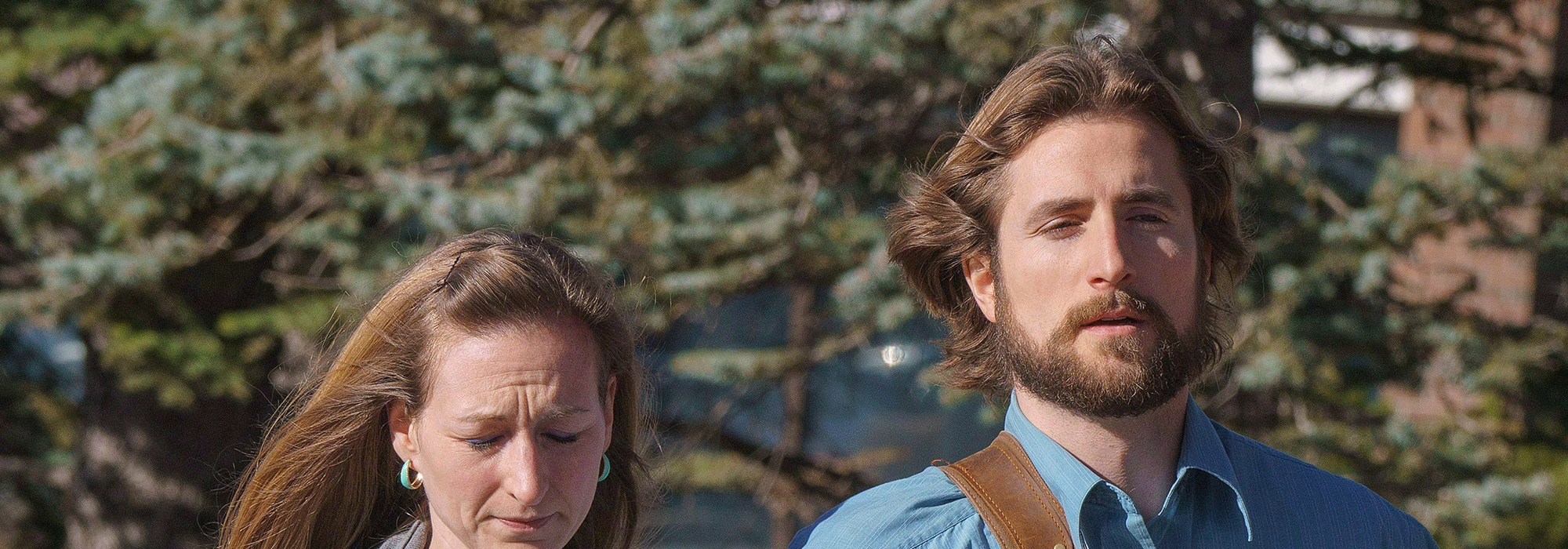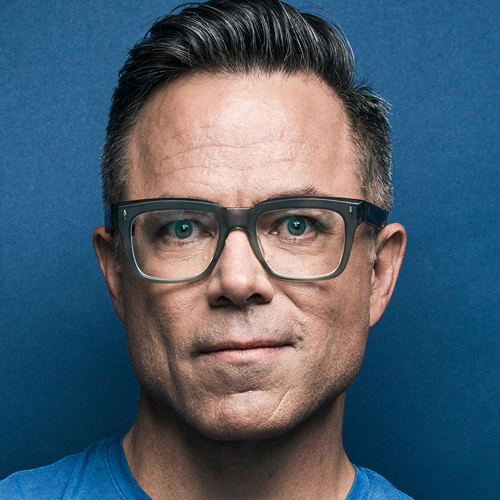
A Lethbridge jury found David and Collet Stephan guilty of not providing the necessities of life to their young child, Ezekiel. Instead of taking him to a physician for science-based treatment, they provided their child with remedies based on the philosophy of naturopathy. This course of action contributed to the child’s death.
We can all agree that this is a heartbreaking story. And we can all agree the parents undoubtedly wanted to do what they thought was best for their child. Still, one can’t help but feel angry that this could happen. Now that we have the verdict, let’s reflect on a few key issues and how we might move forward.
This stuff doesn’t work: Most of the therapies provided by naturopaths have little good scientific evidence to support their use. Our 2011 study of naturopathy websites found that the most commonly advertised services included pseudoscientific nonsense like homeopathy, detoxification, hydrotherapy and IV vitamin therapy. By any standard based on the foundations of science, all of these services – and many of the other practices of naturopaths – are complete bunk with no benefit beyond the placebo effect. Of course, naturopathy is not based on science, but on the supernatural concept of the “healing power of nature.”
Governments should stop legitimizing magical thinking: We shouldn’t forget that in 2012 the government of Alberta made naturopaths a self-regulated profession. The justification for regulating naturopaths is often based on the issue of safety. These providers are popular, the government thinking must go, and so we’d better ensure that there is some degree of standardization. But this rationale quickly slips into a legitimization of the practice. Naturopathic practitioners point to their status as a regulated profession as if this implies that their therapies are efficacious. And who can blame them? The government has done the same thing.
Let’s be honest about the science and avoid false claims of efficacy: The provincial government should monitor the claims made by naturopathic clinics. For example, if a clinic is marketing that IV Therapy can treat cancer, cardiovascular disease, and allergies, the government should ask for solid scientific evidence to support the claims (note: there isn’t any). If the evidence is not produced, the misleading advertising should not be allowed.
If the practice is really science-based, then make it science-based: If naturopathy is science-based and if it is going to remain a regulated profession, than the College must stop its members from providing services that aren’t science-based. But, of course, the College of Naturopaths can’t do that. They’d have almost no services left to sell.
Do you have something to say about the article you just read? Be part of the Policy Options discussion, and send in your own submission. Here is a link on how to do it. | Souhaitez-vous réagir à cet article ? Joignez-vous aux débats d’Options politiques et soumettez-nous votre texte en suivant ces directives.









